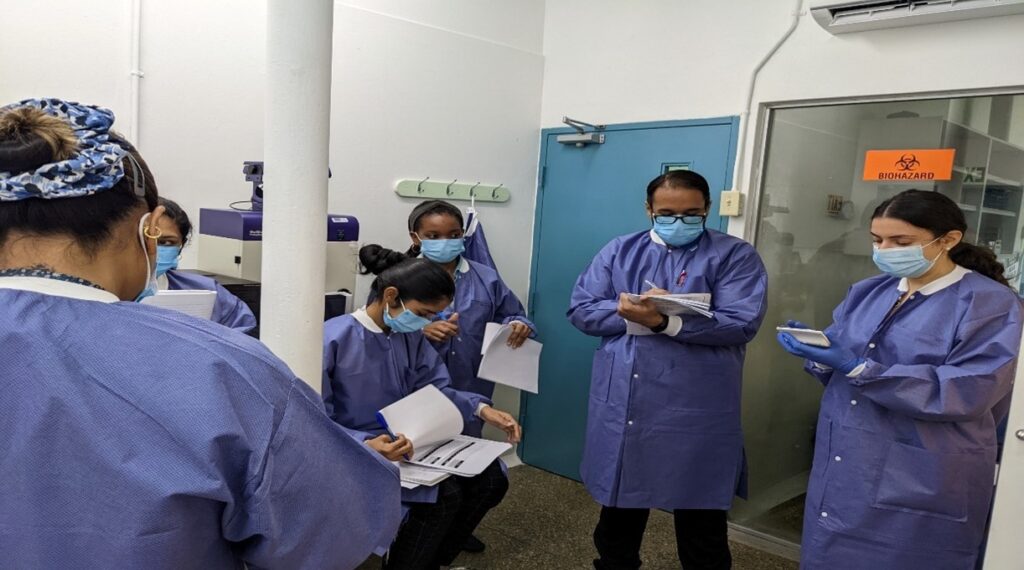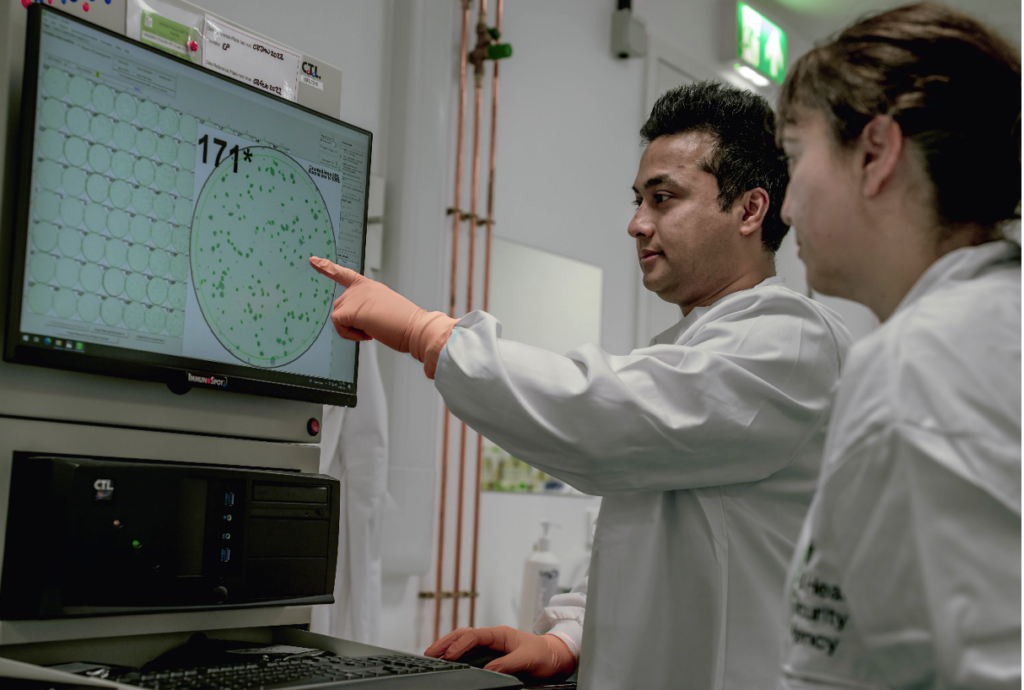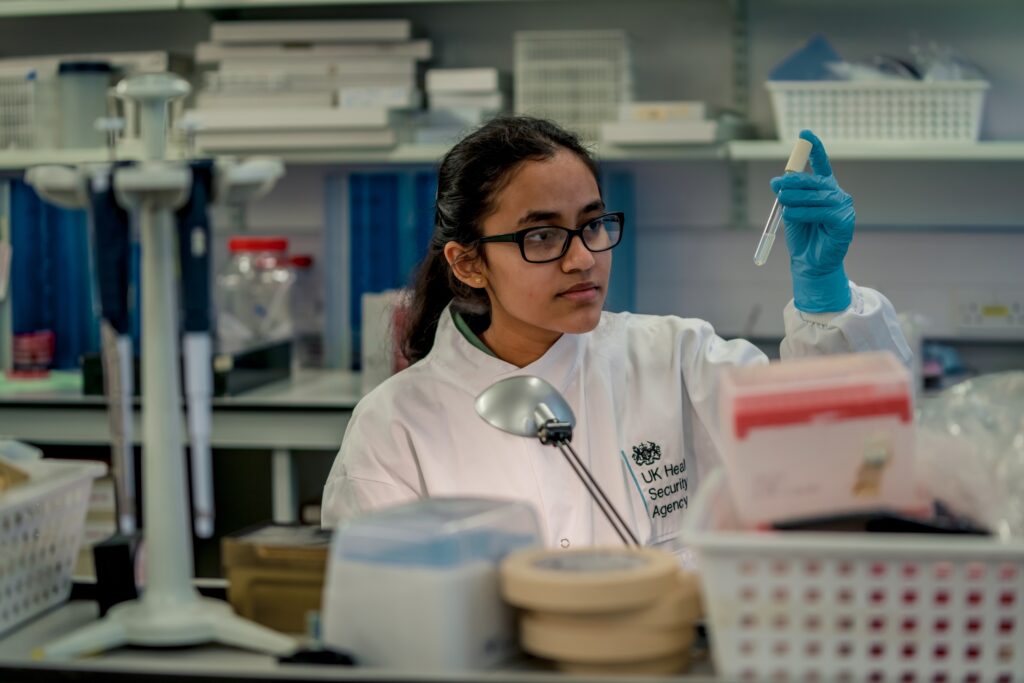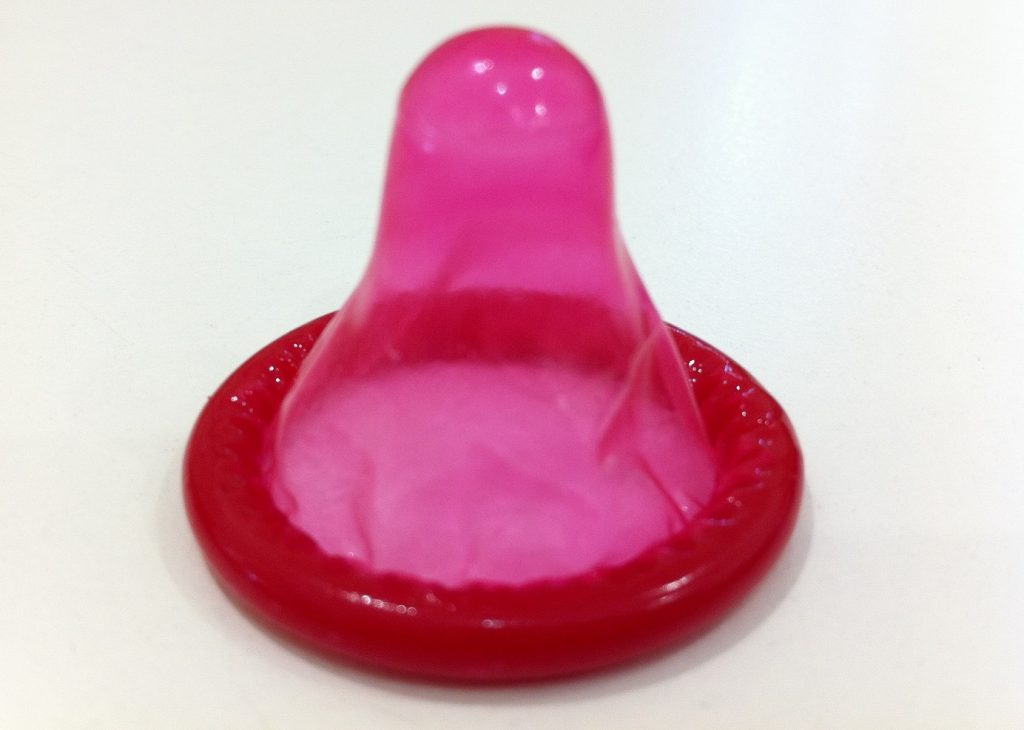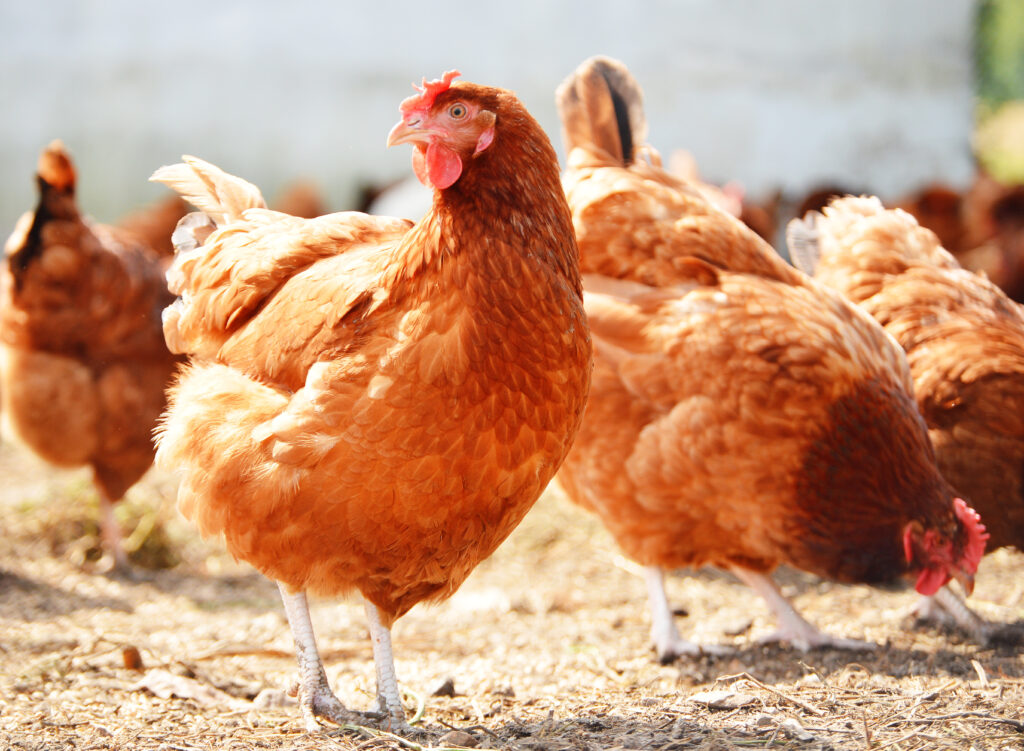What is Antimicrobial Resistance (AMR) and how can you help combat it?
What is Antimicrobial Resistance (AMR) and how can you help combat it?
We introduce the new campaign to Keep Antibiotics Working, fronted by our mascot Andi Biotic, and look at why we all need to be more aware of Antimicrobial Resistance (AMR).




